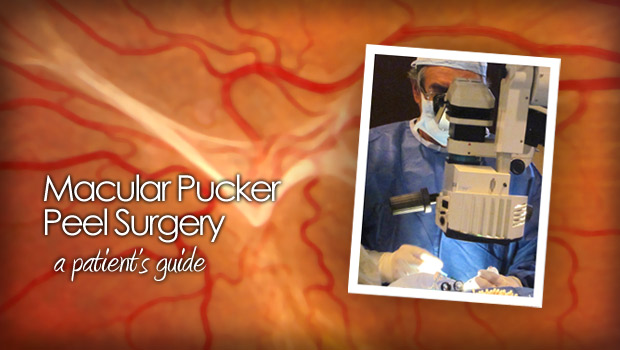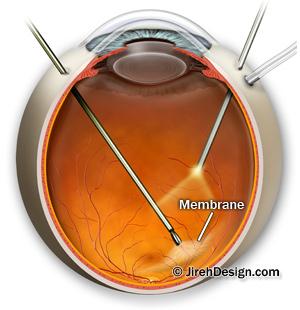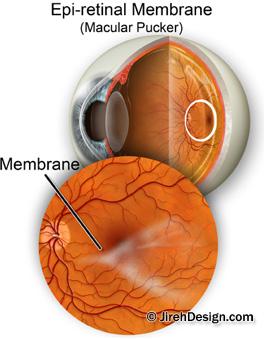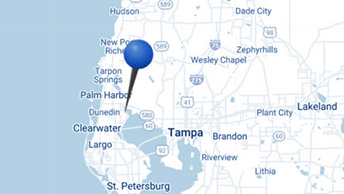What is retinal pucker surgery?


What is retinal pucker surgery?
A macular pucker, or retinal pucker, sometimes requires surgery.
A macular pucker is scar tissue that has formed on the eye’s macula, located in the center of the eye’s light-sensitive tissue called the retina. In many cases, the symptoms of vision distortion and blurriness are mild, and no treatment is necessary. Neither eye drops, medications, nor nutritional supplements will improve vision distorted from macular pucker. Occasionally, vision deteriorates to the point where it affects daily routine activities. When this happens, retinal pucker surgery may be recommended.
What is retinal pucker surgery?
This procedure is called a vitrectomy. Pars plana vitrectomy is a surgical eye procedure where the retina surgeon removes the vitreous gel inside the eye to prevent it from pulling on the retina. The surgeon then places a salt solution in the eye where the vitreous once was. Because the vitreous is mostly water, you will notice no change between the salt solution and the normal vitreous. Also, the scar tissue which causes the wrinkling is removed. Dr. Deupree usually performs a vitrectomy and retinal pucker surgery under local anesthesia. He performs all of his surgeries at his own state-of-the-art surgery center at Safety Harbor Surgery Center.

How successful is this surgery?
Retinal pucker surgery is very delicate, and while vision improves in most cases, it does not always return to normal. Some people have significantly more vision restored, some less. In most cases, vision distortion is significantly reduced.
Watch a vitrectomy animation here
Recovery of vision can take up to three months. Dr. Deupree discusses the risks and benefits of the retinal pucker surgery in detail with his patients prior to deciding on surgery.
What are the risks of surgery?
The most common complication of a vitrectomy is an increase in the rate of cataract development. Cataract surgery may be needed within a few years after the vitrectomy. Other, less common complications are retinal detachment either during or after surgery, and infection after surgery. Also, the macular pucker may grow back, but this is rare.
See also…







